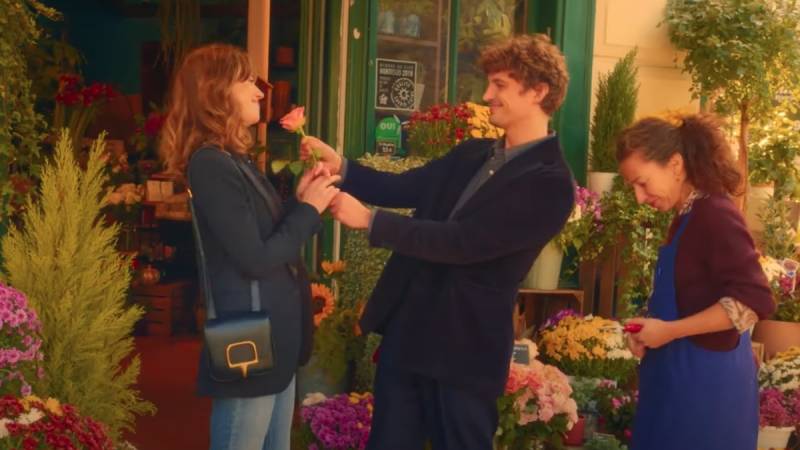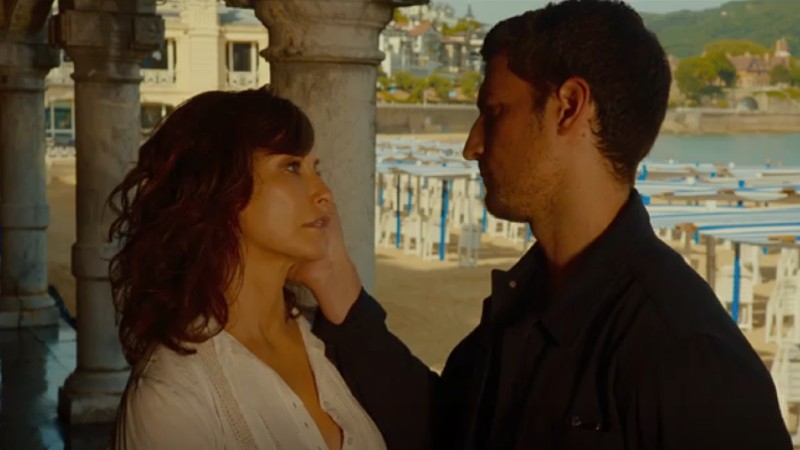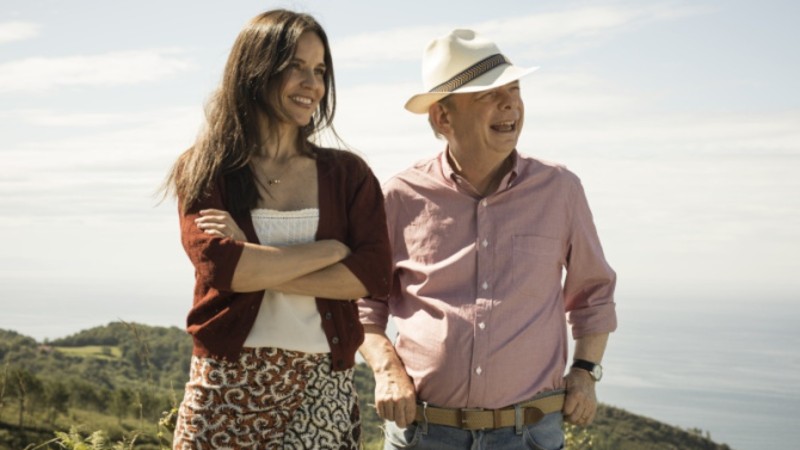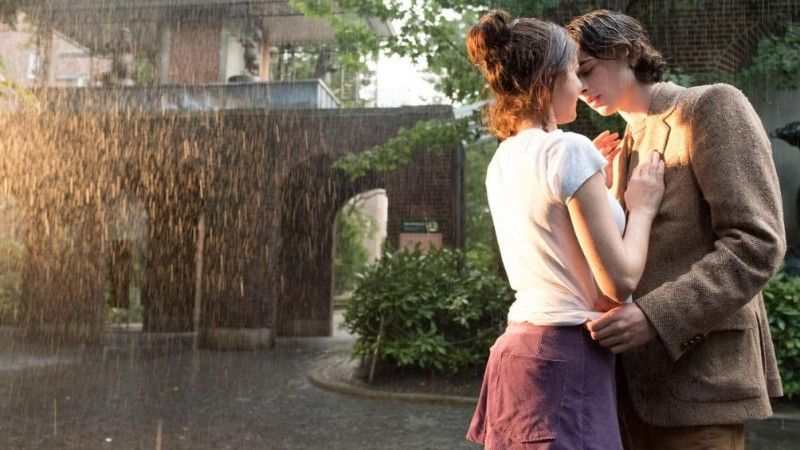Fanny Fournier, née Moreau (Lou de Lâage) and Alain Aubert (Niels Schneider) meet during a sunny day in Paris along Avenue Montaigne. Neither of the 30-something Lycée Français de New York alumni expected this chance encounter, after many years without hearing from each other.
Alain reveals that he is a professional writer. He travels around the world while writing scripts and publishing his earlier works. He now lives in Paris, in a small attic flat. The beautiful (and still exuding the charms of youth) Fanny is a bidding assistant now married to a rich and enigmatic lawyer, Jean Fournier (Melvil Poupaud). Alain was secretly in love with Fanny during their time in the United States, but he never dared to confess it to her.
Sparks fly at this first meeting. In the days that follow, they rekindle their friendship, strolling together through the gardens and parks of Paris. As the days go by, one thing becomes clear: Fanny’s life with Jean, a Parisian Bobo, is extremely boring. After a first failed marriage with a drug-addicted artist, this second one leads her to spend unbearable weekends in the countryside (where her husband practices deer hunting). Her routine is boring, insipid, except perhaps for the time she spends with her close friends and confidants. Meanwhile, Alain tries to make progress on his new manuscript about a Paris jazz club and an unlikely pair of musicians falling in love. He exposes to Fanny how chance is a factor humans cannot control. The odds of meeting someone and falling in love are too small. Birth too is a miraculous act.

Their mutual exchanges become more sincere. The relationship strengthens. They make love, they fall in love, without measuring any consequences of their actions. Jealous Jean becomes suspicious of his wife. Phone calls go unanswered. There are whispered dialogues in adjoining rooms. He hires a private eye to follow her. Determined to keep his wife, Jean is prepared to take drastic action.
Thematically, Coup de Chance feels like a continuation of London-set Match Point (Allen, 2005), one of the biggest highlights of Allen’s late career. Vittorio Storaro’s cinematography also deserves a mention: it’s delicious to marvel at the steadicam images, the gentle tracking shots indoors, and the medium shots on the Parisian boulevards. The 83-year-old Italian DoP still exudes talent. The portrayal of the gossipy Parisian bourgeoisie feels realistic. The dialogues are fresh. as the director allowed room for the French cast to improvise, in line with the script. The outcome is a jazzy, dry, with a touch of Chabrol, and a very abrupt ending. This might be Mr. Allen’s swan song, which might explain the sour aftertaste.
Woody Allen started making films in 1the 1960s, fully immersed in the zeitgeist of his time. He portrayed New Yorkers with a witty and original worldview. He crafted deeply personal, moving and surprising stories during his prime. Outside of his native city, exiled from the American industry, he now seems a man out of place and out of time. Mr. Allen’s possible swan song is still noteworthy, however, even if the 87-year-old director is not at the top of his game.
Coup de Chance premiered in the 80th Venice Film Festival in September, and it was released in Spanish, French and Italian cinemas later in the same month. It also shows in the Best of Festival section of the 27th Tallinn Black Nights Film Festival. A UK release date is still to be announced.
This piece is a cross-publication in partnership with Deve.











